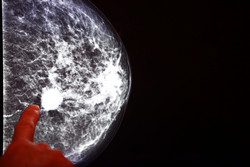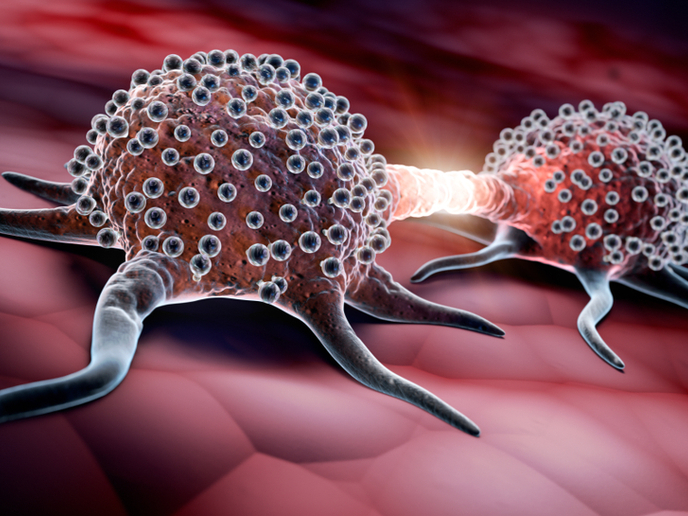Novel breast cancer diagnostics
Breast cancer comprises one of the most frequent types of cancer encountered in women. If diagnosed early, breast cancer has a nearly 90 % five-year survival rate. To aid prompt detection of breast cancer, scientists on the EU-funded MAGNETIC_PCR (Magnetic-PCR: An ultrasensitive methodology for breast cancer detection and characterization) project proposed to develop an ultrasensitive methodology based on novel biosensors. These could classify breast cancer subtypes by detecting expression of specific genes. Researchers constructed novel sensors that relied on the magnetic relaxation switch (MRS) methodology - a combination of relaxometry and magnetic resonance imaging (MRI). This technique would help in visualisation of DNA or RNA molecules within a sample. The advantages of the approach include point-of-care applications, the use of radiofrequency radiation rather than light, and the use of solution phase chemistry. The DNA in the sample was initially detected through superparamagnetic nanoparticles containing oligonucleotide primers complementary to breast cancer subtype-specific sequences. Subsequently, polymerase chain reaction (PCR) method was employed to amplify the minute amounts of DNA in the biological samples and strengthen the signal. Finally, the nanoparticle-DNA aggregates were detected by magnetic resonance. Project activities entailed the optimisation of the magnetic nanoparticles to improve the sensitivity and selectivity of the method. Scientists considered a number of design factors to enhance the detection of the nanoparticle-DNA aggregates by PCR and MRI. Robust protocols for PCR analysis with magnetic nanoparticles were also developed. The overall success of the MAGNETIC_PCR method was due to the detection method, which avoided potential post-amplification contaminations. Implementation of this assay at the point of care could advance breast cancer subtyping, a crucial parameter for better therapy outcome.







